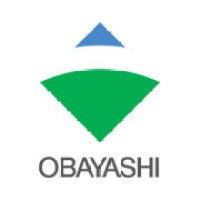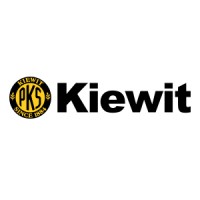
Obayashi Corporation (North American Regional Headquarters)
For more than 130 years, Obayashi Corporation has delivered quality solutions to infrastructure challenges across the globe. Founded in 1892, Obayashi has left its mark in all corners of the world. We provide a full range of general contractor services in both public works and private sectors including: office buildings, residences, tunnels, highways, rail systems, bridges, artificial islands, airports and nuclear power plants. Other services include urban planning and architecture, real estate and property development, environmental, and waste services. Obayashi Corporation’s first introduction to the U.S. market was the Surfrider Hotel project in Hawaii (1967-69). Since then, Obayashi has added Building Construction, Heavy Civil Construction and Real Estate Management to its portfolio of services in the United States. In addition, Obayashi has merged several US/Canadian companies which expand our market throughout North America including Canada. North American Regional Headquarters was established in 2010 to administer the business operations of Obayashi Group in North America. Currently, the consolidated revenue generated by North American operations is over $3 billion. By combining technological expertise with local knowledge and state of the art capability, we are creating a synergy for expanding business throughout North America.






